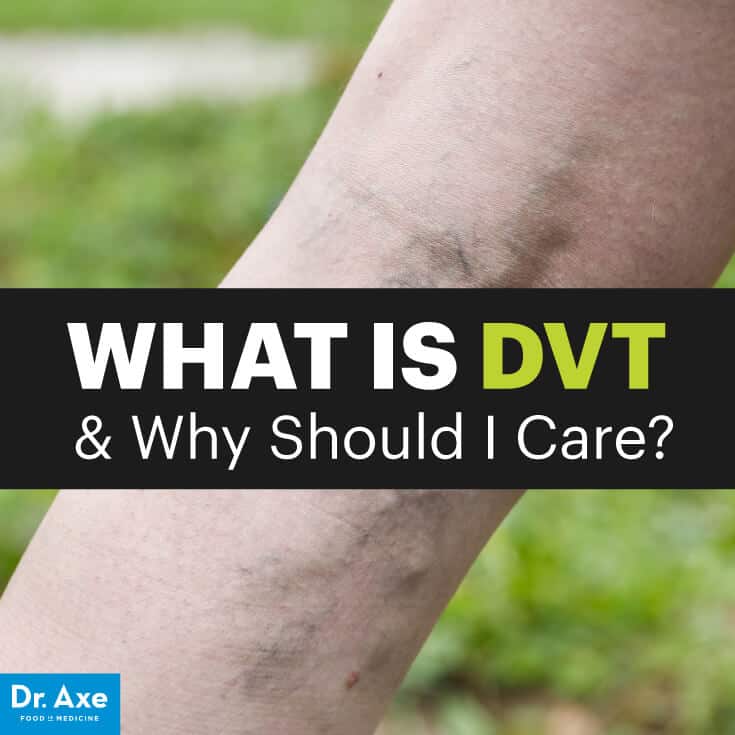

For example, people should aim to avoid sitting for periods of 2 hours or more at a time. What worsens DVT?Īccording to the National Blood Clot Alliance, certain activities are not beneficial for DVT. The following are frequently asked questions about DVT. People can use a soft toothbrush, take care when cutting nails, and avoid going barefoot. Bleeding risks: Small cuts or injuries may bleed more than normal with blood thinners.Stress can increase the risk of certain conditions, such as stroke or heart attack, which may cause VTE. Stress: Avoiding stress as much as possible is also an important factor in lowering the risk of blood clots.Having overweight or obesity: Aiming for and maintaining a healthy weight is also important in managing DVT because having obesity is a risk factor for blood clots reoccurring.
#Causes of deep vein thrombosis professional#
People can speak with a healthcare professional about the right levels of physical activity. Being too sedentary: Regular movement is important during recovery and to prevent a repeat DVT.These can increase the risk of blood clots occurring in the veins.

Smoking increases the risk of heart attack, stroke, and other conditions.
Smoking: People will need to avoid smoking with DVT. The National Heart, Lung, and Blood Institute recommends the following advice for recovery from and prevention of venous thromboembolism (VTE), which includes DVT and pulmonary embolism. Should a person with DVT avoid any particular lifestyle factors? There are other types of blood thinners a person can take to treat DVT that does not require them to monitor their vitamin K levels. If people have any concerns about vitamin K consumption, they should speak with a healthcare professional. People will also need to limit their intake of certain drinks that may interfere with warfarin, including: certain fruits, including blueberries and figs. Sources of vitamin K in foods include green leafy vegetables, such as: The ODS states that people taking warfarin should consume roughly the same amounts of vitamin K each day from food or supplements. Suddenly increasing vitamin K intake alongside warfarin can cause blood clots, and a sudden decrease may cause serious bleeding. Additionally, a sudden change in the amount of vitamin K a person consumes may cause serious side effects. The Office of Dietary Supplements (ODS) notes that vitamin K can interact with warfarin. Those with DVT who take warfarin - a type of blood thinner - may need to be cautious about their vitamin K intake. Should a person with DVT avoid any particular foods?






 0 kommentar(er)
0 kommentar(er)
